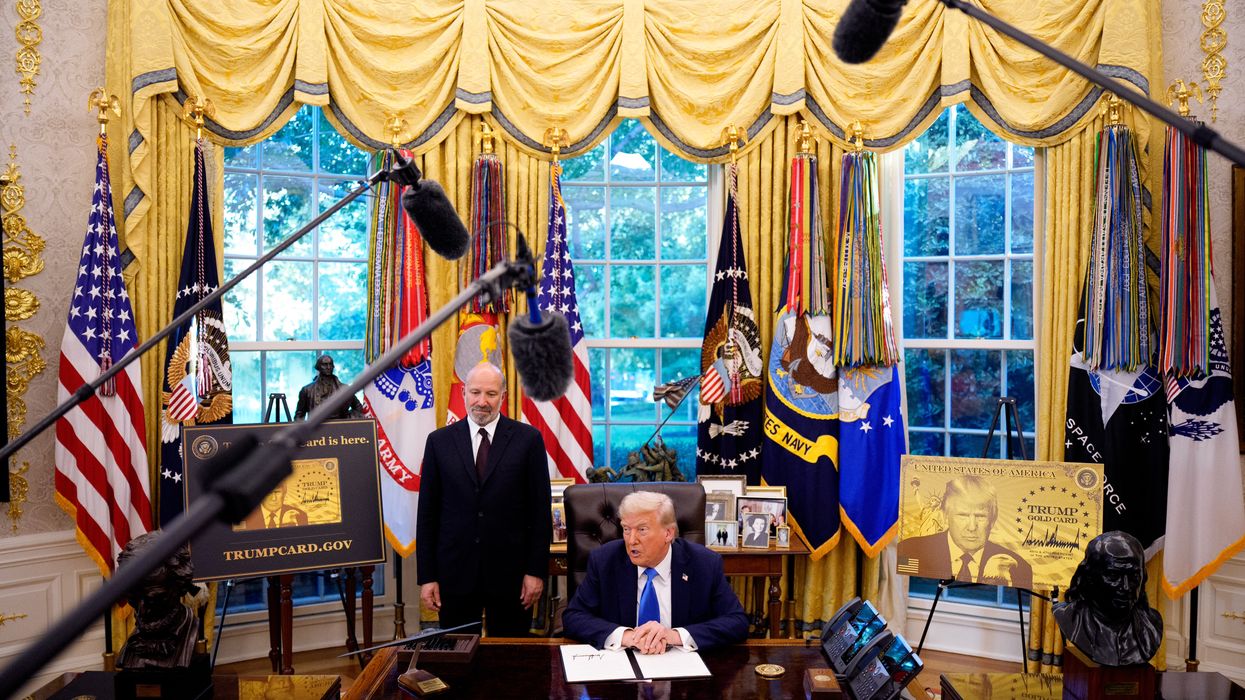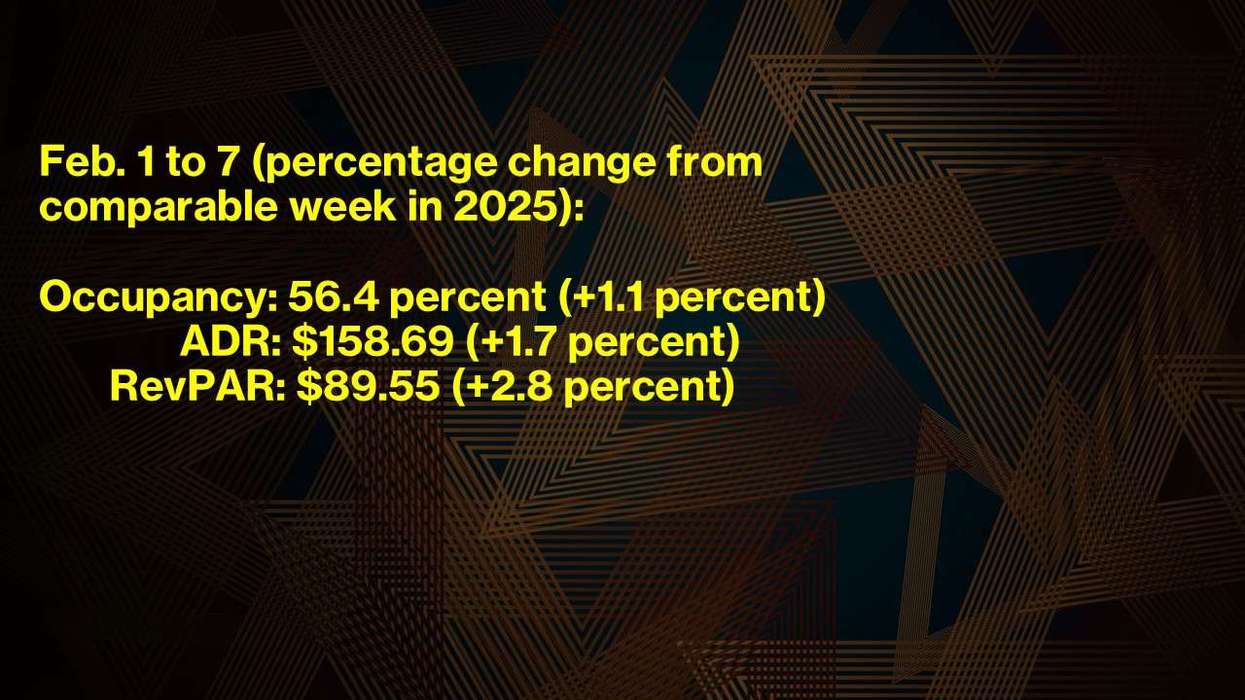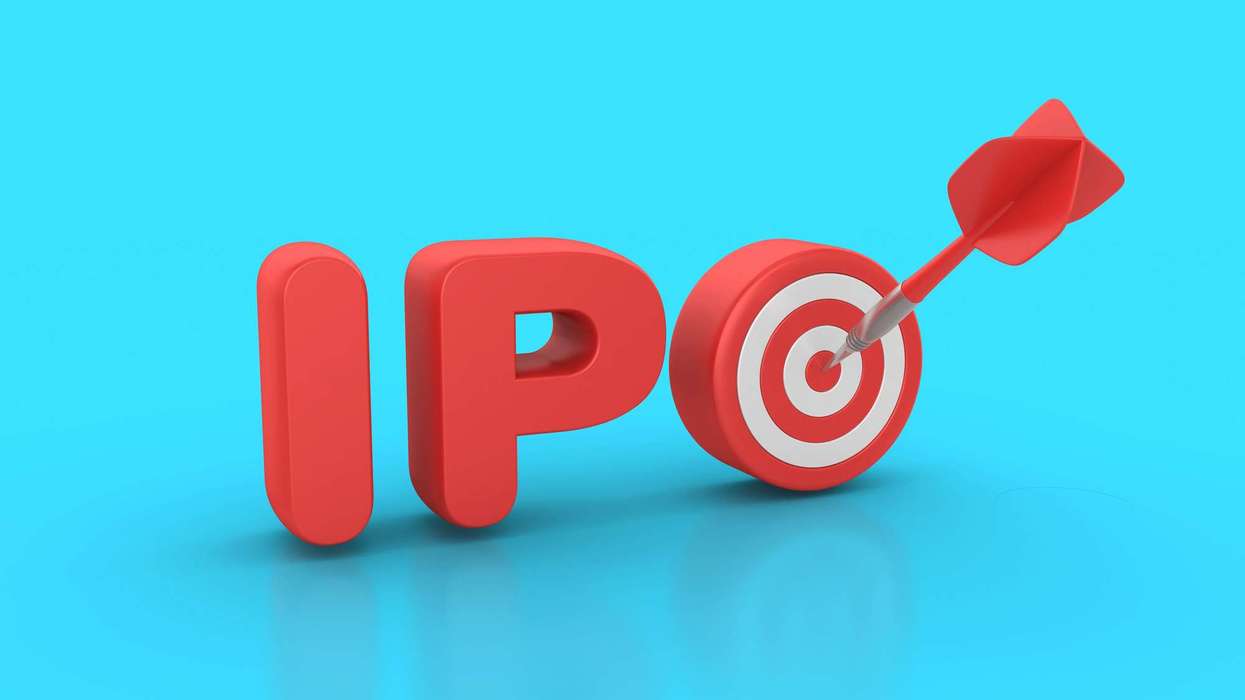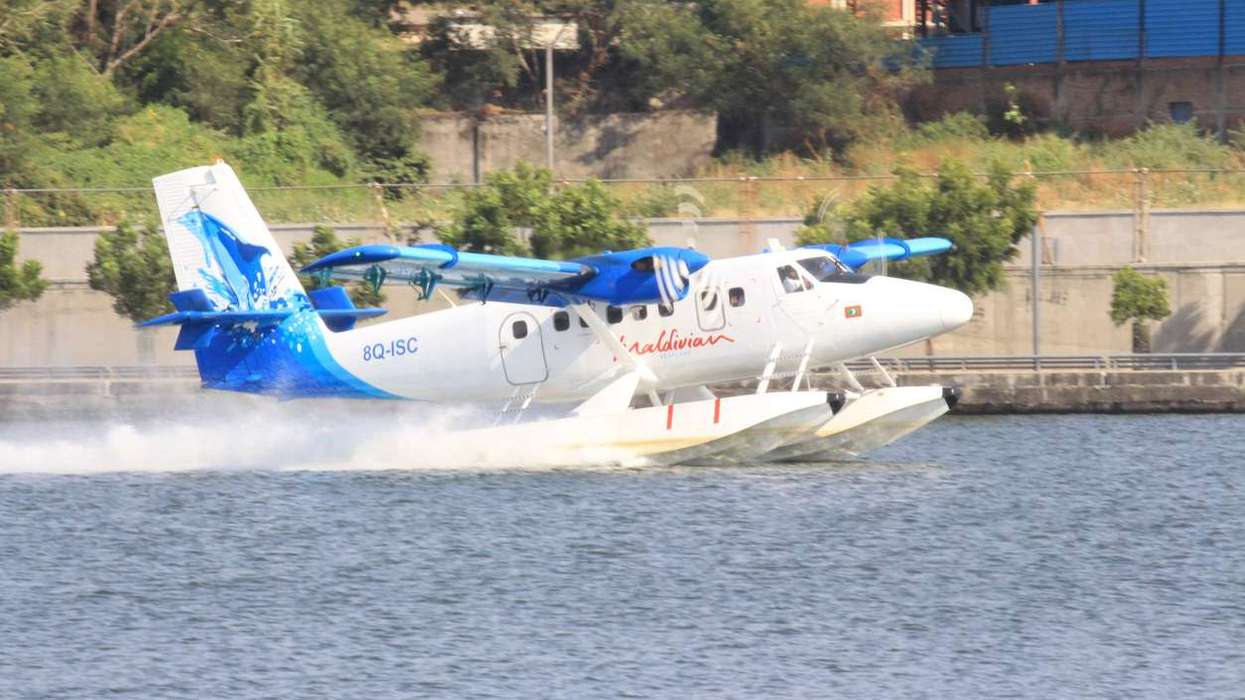Summary:
- Announcement of $100,000 H-1B visa fee triggers panic among Indian professionals.
- The fee applies only to new petitions.
- IT companies are reportedly reviewing staffing and travel.
THE TRUMP ADMINISTRATION’S announcement of a $100,000 fee for new H-1B visa petitions, effective Sept. 21, reportedly triggered panic among Indian H-1B holders. Many rushed to book last-minute flights, resulting in fully booked planes and higher fares.
The move caused anxiety among IT employees whose work depends on U.S. assignments, according to India Today.
However, the U.S. Citizenship and Immigration Services later clarified that the fee applies only to new petitions, not existing visa holders, providing some relief but not ending widespread uncertainty.
Airports and travel agents reported a surge in cancellations and rescheduling requests, while families of visa holders faced disruptions during the festive season.
Friday’s announcement sparked further confusion, culminating in chaotic scenes aboard an Emirates flight from San Francisco to Dubai, AeroTime reported. The plane was held on the tarmac for three hours as H-1B holders tried to determine if they could re-enter the U.S. The policy change created confusion over who would be affected.
India’s external affairs ministry said the fee could have humanitarian consequences “by disrupting families.” The Indian government said it “hopes these disruptions can be addressed by U.S. authorities” and emphasized that the exchange of skilled workers has “contributed enormously” to both nations, The Guardian reported.
H-1B visas are valid for three years and can be renewed for another three. The Trump administration says the increased fee helps U.S. companies stay competitive and create more jobs. However, Indian stakeholders raised concerns about its impact on the IT sector, citing potential disruptions to operations and project timelines. IT companies are reportedly reviewing staffing and travel while managing higher compliance requirements.
India’s National Association of Software and Service Companies, a trade and advocacy group, said the new order “could ripple through America’s innovation ecosystem and job market.”
“Service exports have finally been dragged into the global trade and tech war,” Madhavi Arora, chief economist at Emkay Global Financial Services, wrote in a note on Sunday, according to CNN.
Arora also suggested the policy could have an unexpected upside for India, potentially bringing talent back home. While it could concentrate top professionals within India’s largest tech firms, it could also “catalyze India’s transformation into a more powerful global innovation and delivery hub.”
Meanwhile, U.S. Citizenship and Immigration Services data for fiscal 2025, show Amazon as the top H-1B recipient, securing about 10,000 visas.
The recent 50 percent tariff imposed by the Trump administration on India was also met with backlash from the country.






